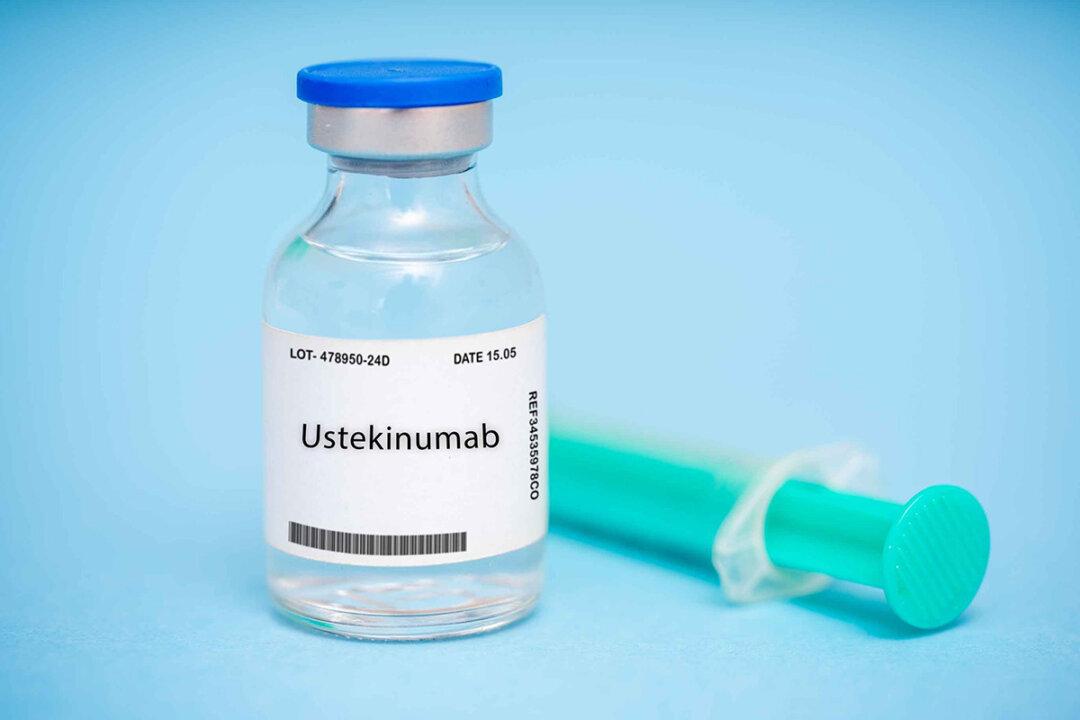A bacterium has been identified as the possible cause of itchy skin diseases such as eczema or dermatitis, according to researchers at Harvard Medical School. This insight may be the key to finding effective treatments to help stave off these uncomfortable irritations.
“We’ve identified an entirely novel mechanism behind itch—the bacterium Staph aureus, which is found on almost every patient with the chronic condition atopic dermatitis,“ senior author Isaac Chiu, associate professor of immunobiology at Harvard, said in a statement. ”We show that itch can be caused by the microbe itself.”
During the experiment, scientists injected S. aureus under the skin of mice. The mice in the experiment scratched so much that they damaged their skin. The experiment showed that S. aureus released a chemical that activates a protein called protease V8 on the nerve fibers that transmit signals from the skin to the brain.
These signals effectively tell the brain, “My skin is itchy.”
However, when the skin is treated with vorapaxar, a Food and Drug Administration-approved anti-clotting medicine, the protein is blocked, so the signal is unable to reach the brain. The treatment relieves the itching symptoms and minimizes skin damage. Researchers believe that the medicine used in the study, which is typically used to treat people who have problems with blood clots, could be repurposed as an anti-itch treatment for individuals with dermatitis or eczema.
“Itch can be quite debilitating in patients who suffer from chronic skin conditions. Many of these patients carry on their skin the very microbe we’ve now shown for the first time can induce itch,” Liwen Deng, the study’s first author and a postdoctoral research fellow in the Chiu Lab, said in a statement.
The new research adds an important piece to the long-standing puzzle of itch, write the scientists at Harvard. Researchers previously believed that itchiness from eczema and dermatitis stemmed from inflammation caused by those conditions. However, during the experiment, the research team noted that the mice didn’t experience inflammation. In fact, the cells associated with inflammation that typically drive itch after bacterial exposure weren’t implicated.
According to the National Eczema Association, more than 31 million Americans have some form of eczema. Eczema can begin during childhood, adolescence, or adulthood and can range from mild to severe. Many people use the phrase “flare-up” to describe a phase of eczema when they’re experiencing one or more acute symptoms or side effects of prolonged itchiness. These flare-ups can last many days or even several weeks. The association also states that there’s no main cause of eczema, though contributing factors include an overactive immune system, genetics, environment, and stress.
Researchers are still curious as to why the bacteria causes itching in the first place. Their current theory is that, similar to coughing or sneezing, the act of scratching might help the bacteria to spread. S. aureus is a type of germ that about 30 percent of people carry in their noses, according to the Centers for Disease Control and Prevention. Most of the time, it doesn’t cause any harm; however, sometimes, it can cause an infection known as VISA/VRSA.
VISA/VRSA infections often look like pimples, boils, or other skin conditions. When S. aureus bacteria get into the bloodstream, they can cause fatal conditions including sepsis, pneumonia, endocarditis, or bone infection.







